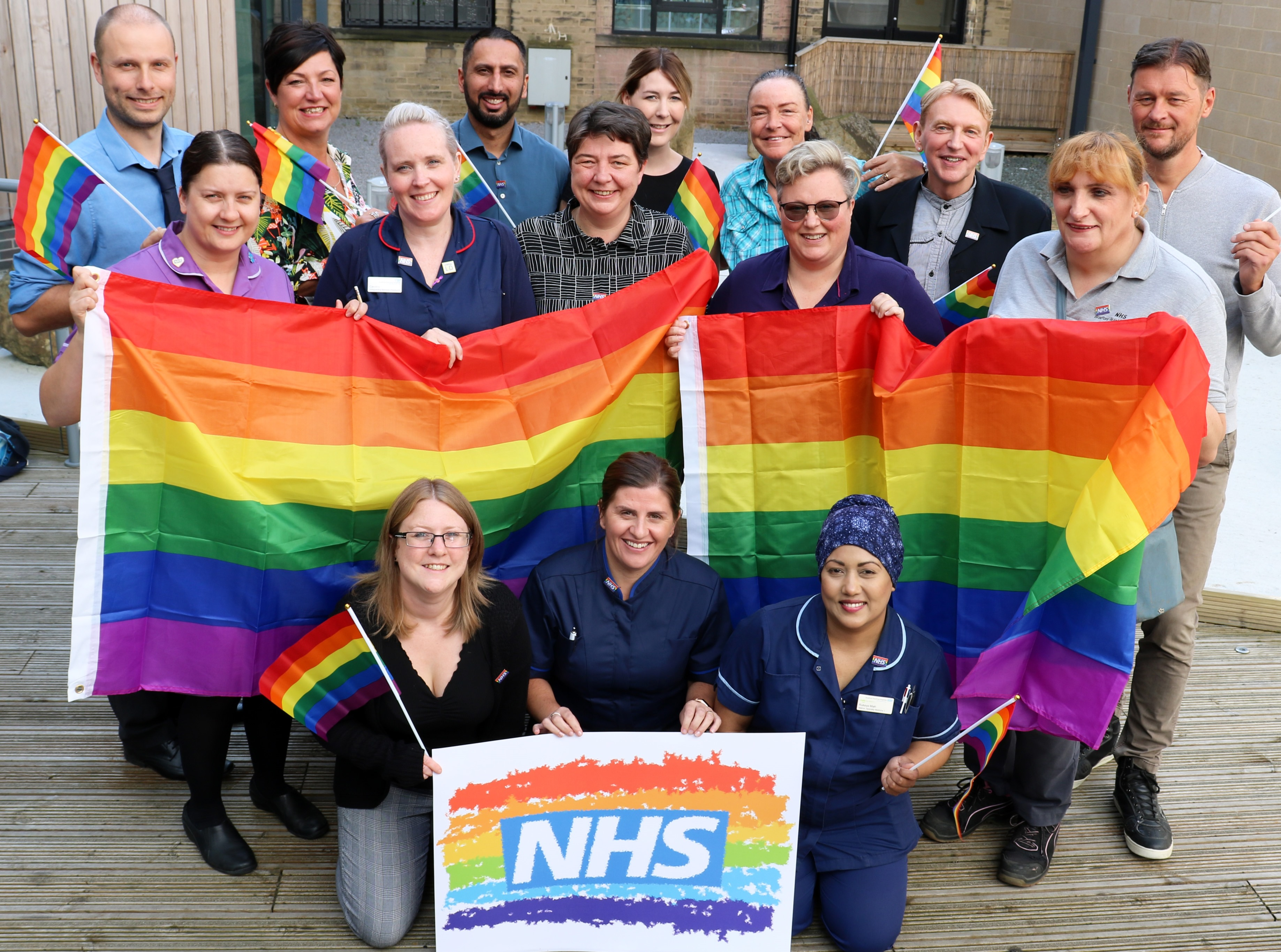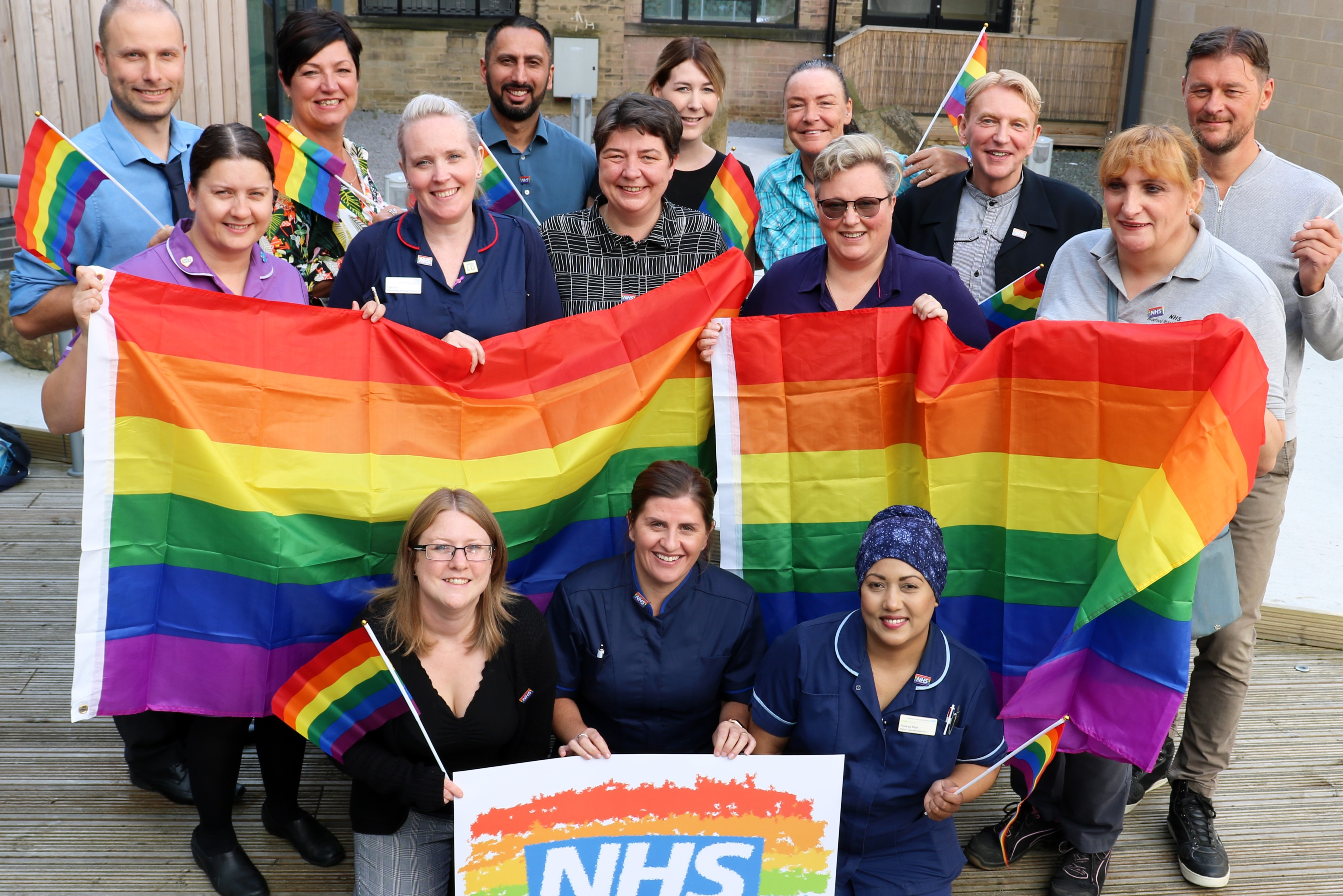The future of the NHS: what are the key issues?
Hear what an expert panel had to say on the challenges facing the NHS, discussed at a recent Guardian live event
In 70 years time the NHS will be alive and well, most audience members at a recent Guardian event on the future of healthcare said through a show of hands. However, the service is facing a number of challenges. Here are some the expert panel pointed out.
1. An ageing population
Health inequality is growing, the population is ageing and the NHS will need to adapt. “The workforce is reducing, while the population is growing and people are getting older,” Professor Helen Stokes-Lampard, chair of the Royal College of General Practitioners, said. “We need to celebrate aging, but healthy ageing,” she said. “At the moment people are needing more care.”
How to adapt? The NHS must work on preventing illness, not just treating it, panelists said. But it can’t create a healthier society on it’s own - we all have a responsibility to help older people in society to live healthier and more connected lives.
2. The growth of digital technology
As new technologies emerge, the NHS must adopt technology that improves the service for patients and helps staff to do their jobs. But we also need to make sure technology doesn’t exclude people who need NHS services the most. “I think of my Nan who is 96-years-old trying to use a remote control and you could never train her to use digital,” Christie Watson, bestselling author of The Language of Kindness and a former nurse of 20 years, said.
How to adapt? It’s all about flexibility and using technology wisely, panelists said. “We need multiple ways of accessing the same stuff,” Stokes-Lampard said.
The NHS must work with local government and other parts of society to improve people’s wellbeing
3. Political changes
One of the biggest challenges the NHS faces today is the workforce crisis, everyone in the room agreed. For example, we are short of nurses and doctors. Sometimes there are physical beds, but not the nurses to help people, Watson said. Stokes-Lampard spoke of having over 100 patient contacts in a day when she was understaffed, and having “no idea if [she] did a safe job or not”. Brexit and political uncertainty may make the situation even worse, panellists predicted.
How to adapt? We must reinstate the bursary for trainee nurses and let staff know that they are valued, the panel said.
4. People are suffering
Across society many people of all ages are lonelier and less connected. An audience member pointed out there are now no more outside gyms for the elderly. “The saddest place in the world is the care of the elderly ward at Christmas time,” Watson said, “because there are no visitors”.
How to adapt? The NHS must work with local government and other parts of society to improve people’s wellbeing. “Every one of us in the NHS and outside it must spread a little bit of compassion and kindness throughout communities,” Watson said.
5. Communication breakdown
Better communication is needed, both within the NHS and with external partners. “When I was a junior, colleagues used to get together and know each other,” Stokes-Lampard said. “Now I have no idea who the consultants I refer my patients to are, because in adding efficiency and systemising we’ve lost the time for interaction.”
How to adapt? “We have ripped the human heart out of care,” one GP in the audience said, “and we’ve got to get back to our humanity.”






